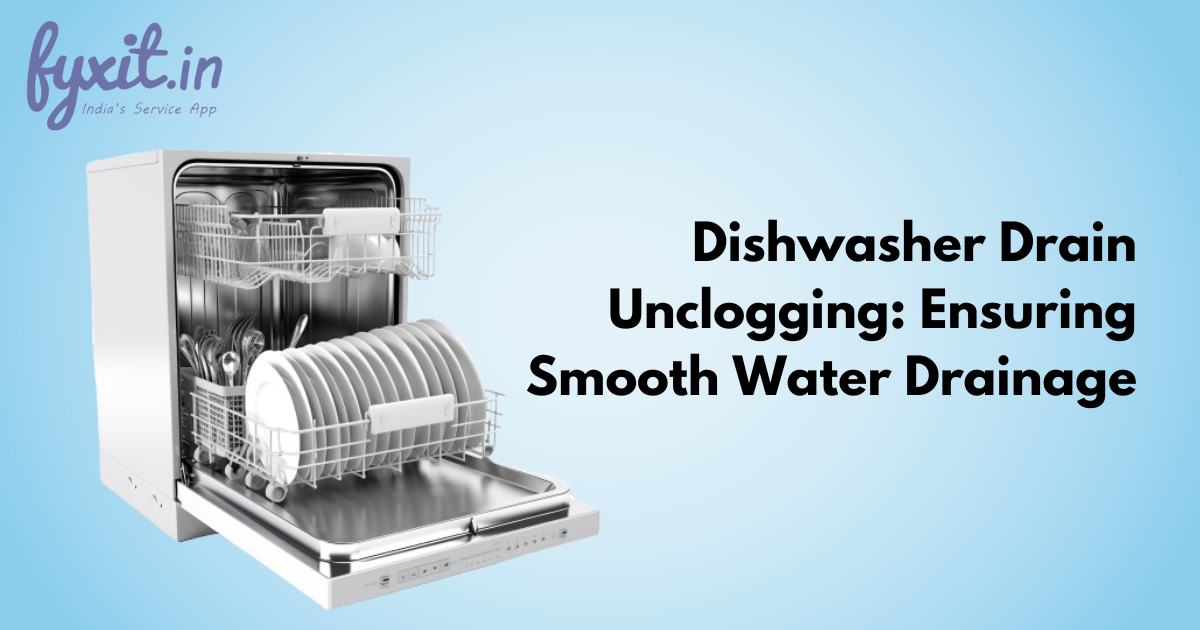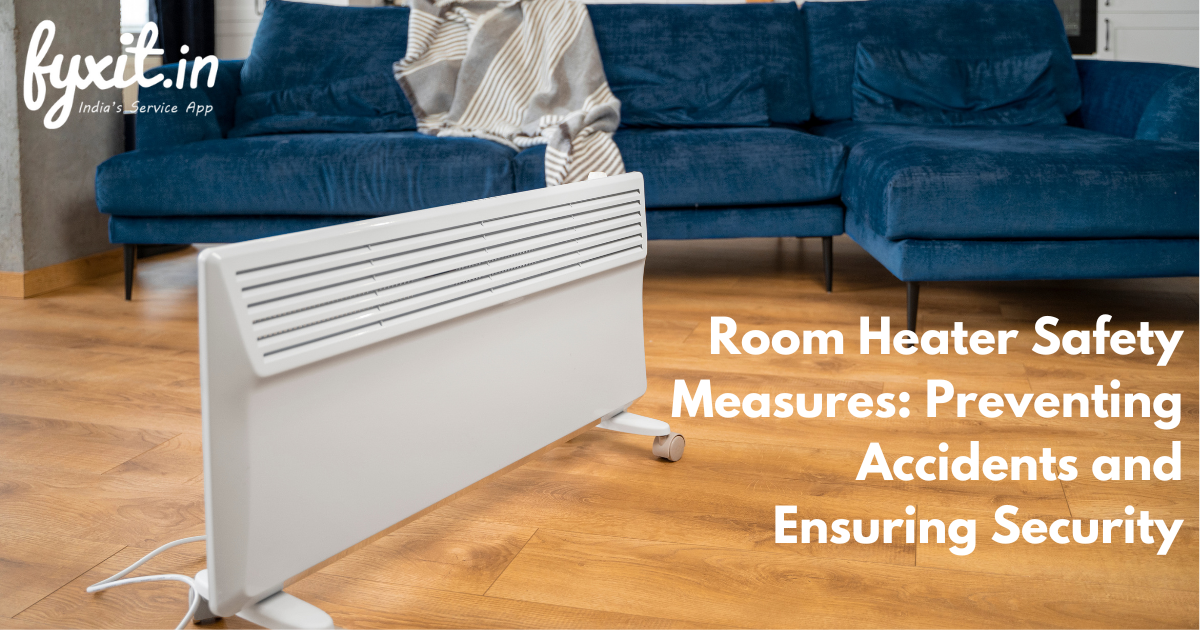When it comes to cleaning your home, having the right vacuum cleaner is essential. However, with so many different types and models available, it can be challenging to determine which one is right for you. One of the most significant decisions you’ll need to make when choosing a vacuum cleaner is whether to opt for a bagged or bagless model. Both have their pros and cons, so it’s essential to understand the differences between them to make an informed decision.
Bagged Vacuum Cleaners
Bagged vacuum cleaners are the traditional type of vacuum cleaner that has been around for decades. They come with a bag that collects all the dirt, dust, and debris as you clean. Once the bag is full, you’ll need to replace it with a new one. Here are some of the advantages and disadvantages of using a bagged vacuum cleaner:
Advantages:
- Hygienic: With a bagged vacuum cleaner, you don’t need to come into contact with the dust, dirt, and debris that you’ve collected. When the bag is full, you simply remove it from the vacuum and dispose of it, without any mess or fuss.
- Better filtration: Bagged vacuum cleaners tend to have better filtration systems than bagless models. The bags themselves act as a filter, trapping allergens and fine dust particles that would otherwise be released back into the air.
- Easier to maintain: Bagged vacuum cleaners require less maintenance than bagless models. You don’t need to empty the dustbin, clean filters, or wash the canister. All you need to do is replace the bag when it’s full.
Disadvantages:
- Costly: Bagged vacuum cleaners are more expensive to use in the long run. You’ll need to keep buying replacement bags, which can add up over time.
- Less eco-friendly: Disposable vacuum cleaner bags are not environmentally friendly. They contribute to waste, and the production of new bags requires energy and resources.
- Reduced suction: As the bag fills up, the suction power of the vacuum cleaner may reduce, requiring you to replace the bag more frequently.
Bagless Vacuum Cleaners
Bagless vacuum cleaners are a relatively new type of vacuum cleaner that has gained popularity in recent years. Instead of a bag, they use a dustbin or canister to collect dirt, dust, and debris. Here are some of the advantages and disadvantages of using a bagless vacuum cleaner:
Advantages:
- Cost-effective: Bagless vacuum cleaners are more cost-effective than bagged models, as you don’t need to keep buying replacement bags.
- Eco-friendly: Bagless vacuum cleaners are more eco-friendly, as they don’t require disposable bags. This reduces waste and the need for resources and energy to produce new bags.
- Strong suction power: Bagless vacuum cleaners tend to maintain their suction power even when the dustbin is nearly full.
Disadvantages:
- Messy: When you empty the dustbin or canister, you’ll need to come into contact with the dirt, dust, and debris you’ve collected, which can be messy and unpleasant.
- Poor filtration: Bagless vacuum cleaners tend to have poorer filtration systems than bagged models, which means that allergens and fine dust particles may be released back into the air.
- More maintenance: Bagless vacuum cleaners require more maintenance than bagged models. You’ll need to empty the dustbin regularly, clean the filters, and wash the canister.
When deciding between a bagged and bagless vacuum cleaner, it ultimately comes down to personal preference and your specific cleaning needs. Bagged vacuum cleaners are a more traditional option and can be a good choice for people with allergies or asthma who want a more hygienic cleaning experience. Bagless vacuum cleaners are a newer technology that is more cost-effective over time and can provide stronger suction power. However, they require more maintenance and can be messier to empty. Ultimately, it is essential to consider the pros and cons of each option to determine which one is right for you.



